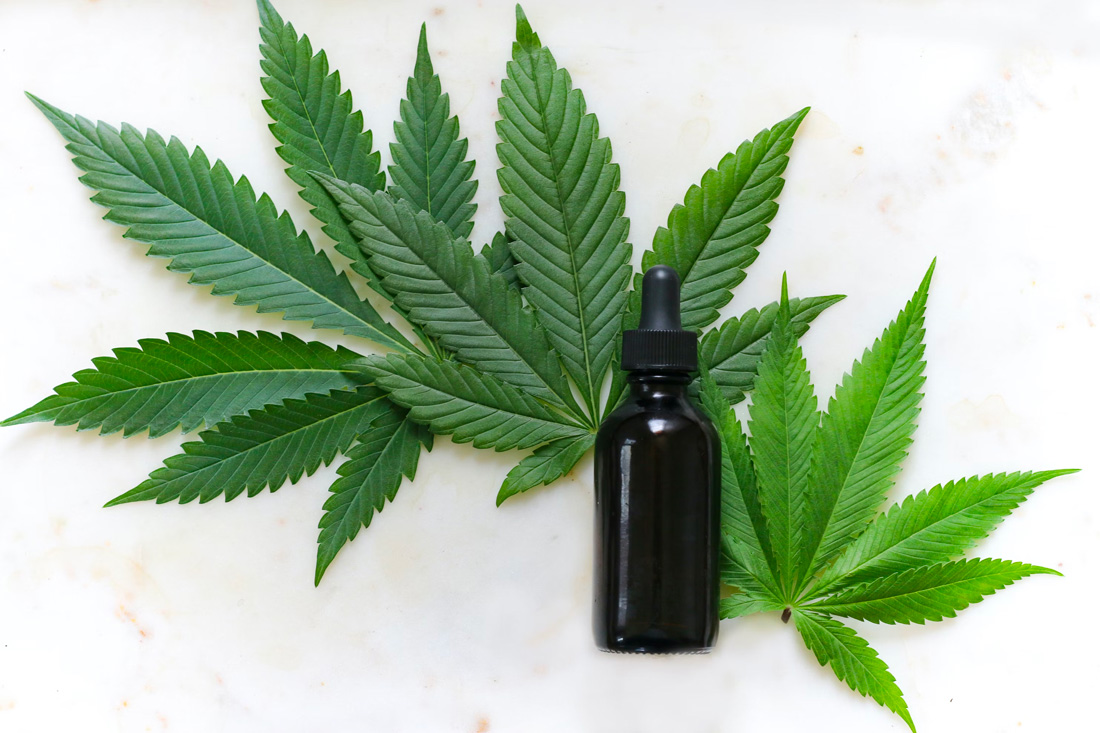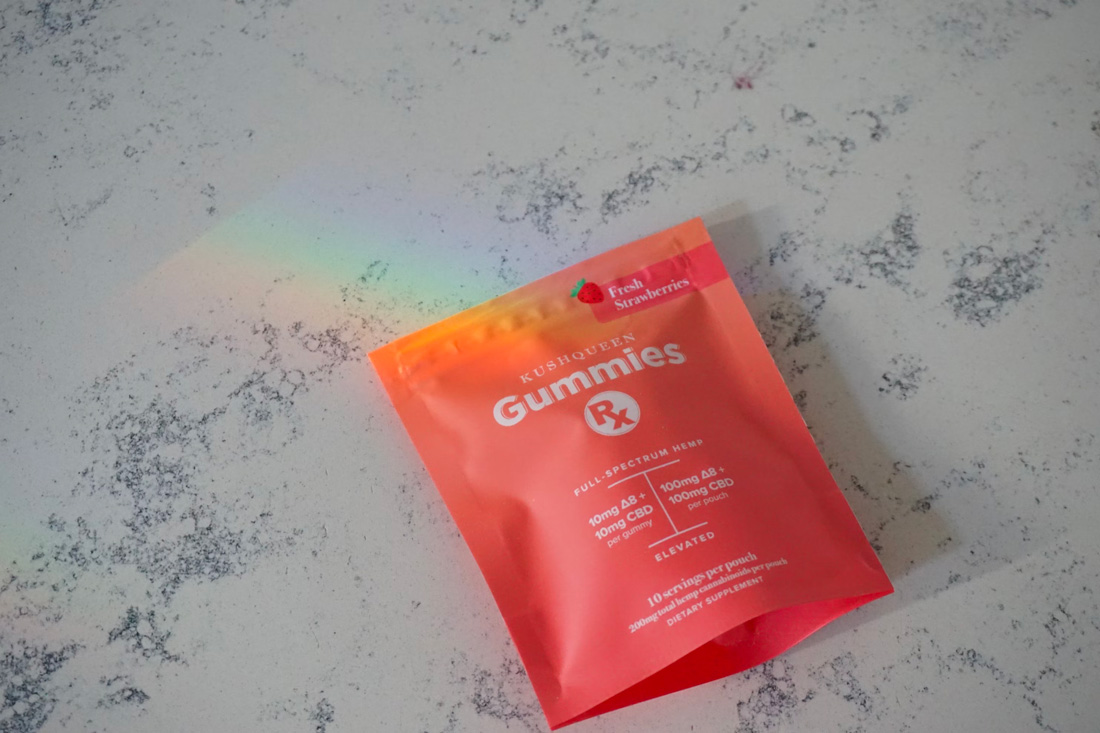4 minute read
In recent years, CBD (cannabidiol) has taken the wellness world by storm. From oils and tinctures to gummies and skincare products, CBD seems to be everywhere. But what exactly is CBD, and why has it gained so much popularity? In this comprehensive guide, we’ll delve into the world of CBD, exploring its benefits, uses, and proper dosage. Whether you’re a CBD novice or a seasoned user, you’ll find valuable insights to help you make informed decisions about integrating CBD into your daily routine.

Understanding CBD
Before we dive into the myriad of benefits and uses of CBD, it’s crucial to understand what it is. CBD is a naturally occurring compound found in the cannabis plant. Unlike its cousin, THC (tetrahydrocannabinol), CBD is non-psychoactive, meaning it won’t get you high. Instead, CBD interacts with the endocannabinoid system in your body to produce a range of potential health benefits.
The Importance of Thorough Research
When it comes to CBD, reliable information is key. With the explosion of CBD products on the market, it’s essential to do your research. Seek out reputable sources of CBD Information, such as scientific studies, medical journals, and well-established brands. Understanding the science behind CBD can help you make informed choices regarding its use.
In the realm of CBD data, it’s crucial to distinguish between anecdotal evidence and scientifically backed data. While many people have reported positive experiences with CBD, anecdotal evidence may not always be representative of its overall effectiveness. Relying on credible studies and expert advice can provide a more accurate understanding of CBD’s potential benefits and limitations.
The Benefits of CBD
CBD has been associated with a wide range of potential benefits, although individual experiences may vary. Some of the most commonly reported advantages of CBD include:
1. Pain Management
One of the most well-known uses of CBD is for pain relief. Many individuals turn to CBD as a natural alternative to over-the-counter or prescription pain medications. Research suggests that CBD may reduce pain and inflammation by interacting with receptors in the endocannabinoid system.
2. Anxiety and Stress Reduction
In today’s fast-paced world, anxiety and stress are common concerns. CBD has shown promise in reducing anxiety and stress levels in both animal and human studies. It’s believed to work by affecting serotonin receptors in the brain, promoting a sense of calm and relaxation.
3. Improved Sleep
Sleep disorders, such as insomnia, affect millions of people worldwide. CBD may help improve sleep quality by addressing underlying causes like anxiety and pain. By promoting relaxation, CBD could be a natural aid for those struggling with sleep issues.
4. Skin Health
CBD’s anti-inflammatory and antioxidant properties have led to its inclusion in various skincare products. It’s believed to help with conditions like acne and eczema, promoting healthier and more radiant skin.
CBD Uses and Products
CBD is available in numerous forms, making it versatile and accessible. Some common CBD products include:
1. CBD Oil and Tinctures
CBD oil and tinctures are perhaps the most popular and versatile forms of CBD. They can be taken sublingually (under the tongue) for quick absorption or added to beverages and food.
2. CBD Edibles
CBD-infused edibles, such as gummies and chocolates, offer a tasty and discreet way to consume CBD. Keep in mind that the effects may take longer to kick in compared to tinctures.
3. CBD Topicals
CBD creams, balms, and lotions are designed for localized relief. They can be applied directly to the skin, targeting specific areas of discomfort or inflammation.
4. CBD Capsules
CBD capsules provide a precise dosage and are convenient for those who prefer a traditional pill format. They’re especially useful for individuals looking to incorporate CBD into their daily supplement routine.
Finding Your Ideal CBD Dosage
Determining the right CBD dosage can be a bit of a trial-and-error process. Several factors influence your ideal dosage, including your body weight, metabolism, the severity of your symptoms, and the form of CBD you’re using. It’s generally recommended to start with a low dose and gradually increase it until you achieve the desired effects.
A standard starting dose for most people is around 10-20 milligrams of CBD. However, it’s crucial to consult with a healthcare professional, especially if you’re taking other medications or have underlying health conditions.
CBD is a versatile compound with a growing body of research supporting its potential benefits. Whether you’re seeking relief from pain, anxiety, sleep issues, or skin conditions, CBD offers a natural alternative worth exploring. However, always prioritize quality and do your due diligence by researching and selecting reputable CBD products. Remember, finding the right CBD dosage for you may take some experimentation, so start low and gradually increase as needed under the guidance of a healthcare professional. With the right information and approach, CBD can become a valuable addition to your wellness routine, promoting a healthier and more balanced lifestyle.





